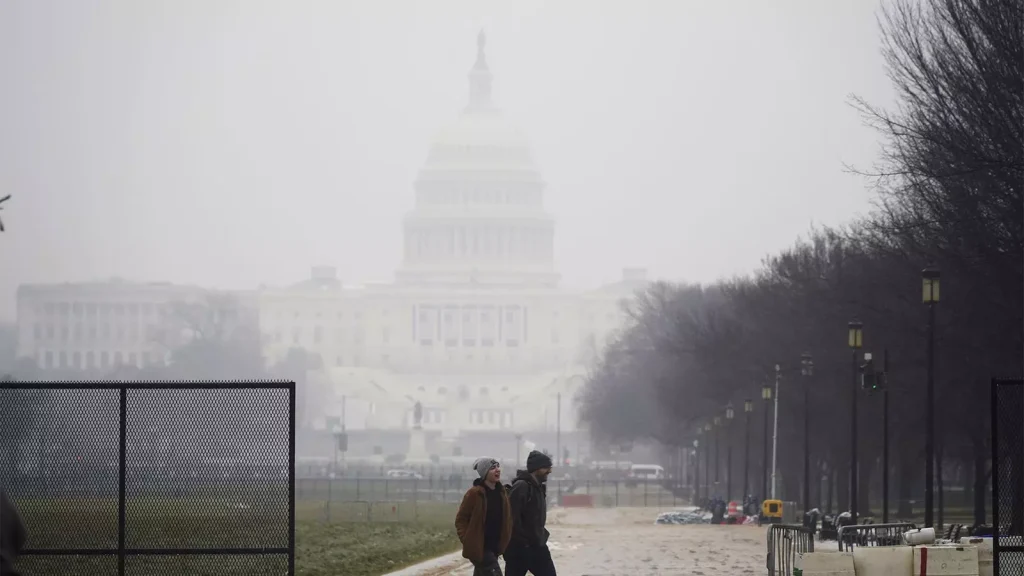The recent reinstatement of President Donald Trump has led to significant policy changes, particularly regarding global health frameworks. On his first day in office, Trump reissued the U.S. withdrawal from the World Health Organization (WHO), citing grievances over its handling of the COVID-19 pandemic and alleged undue influence from certain member states, particularly China. Critics, including former CDC director Tom Frieden, argue that abandoning the WHO undermines global health safety and that effective reform requires constructive engagement rather than withdrawal.

Trump’s actions reflect ideological motivations rather than a strategic shift towards better health policies. The notion that the WHO’s framework is outdated overlooks the importance of shared responsibilities in global health. An isolationist approach could jeopardize both American citizens’ health and international health systems, as neglecting cooperation may ultimately harm domestic health outcomes.
In addition to withdrawing from the WHO, Trump’s administration has reversed several Biden-era health policies, including protections against discrimination based on sexual orientation and public health initiatives aimed at worker safety during the pandemic. The decision to rescind a vaccination requirement for federal employees, despite declining COVID-19 cases, raises concerns about public health preparedness.
While Trump’s supporters view these executive orders as fulfilling campaign promises, public health experts warn about the potential long-term impacts on health outcomes. The current political climate necessitates a dialogue on health policy that transcends partisan divides, focusing on building resilient health systems both domestically and globally.
As Trump moves forward, the implications of his policies prompt critical questions about America’s role in global health leadership and the balance between national interests and international responsibilities. Engaging all stakeholders is essential to ensure health policy remains dynamic and responsive to evolving political realities.




